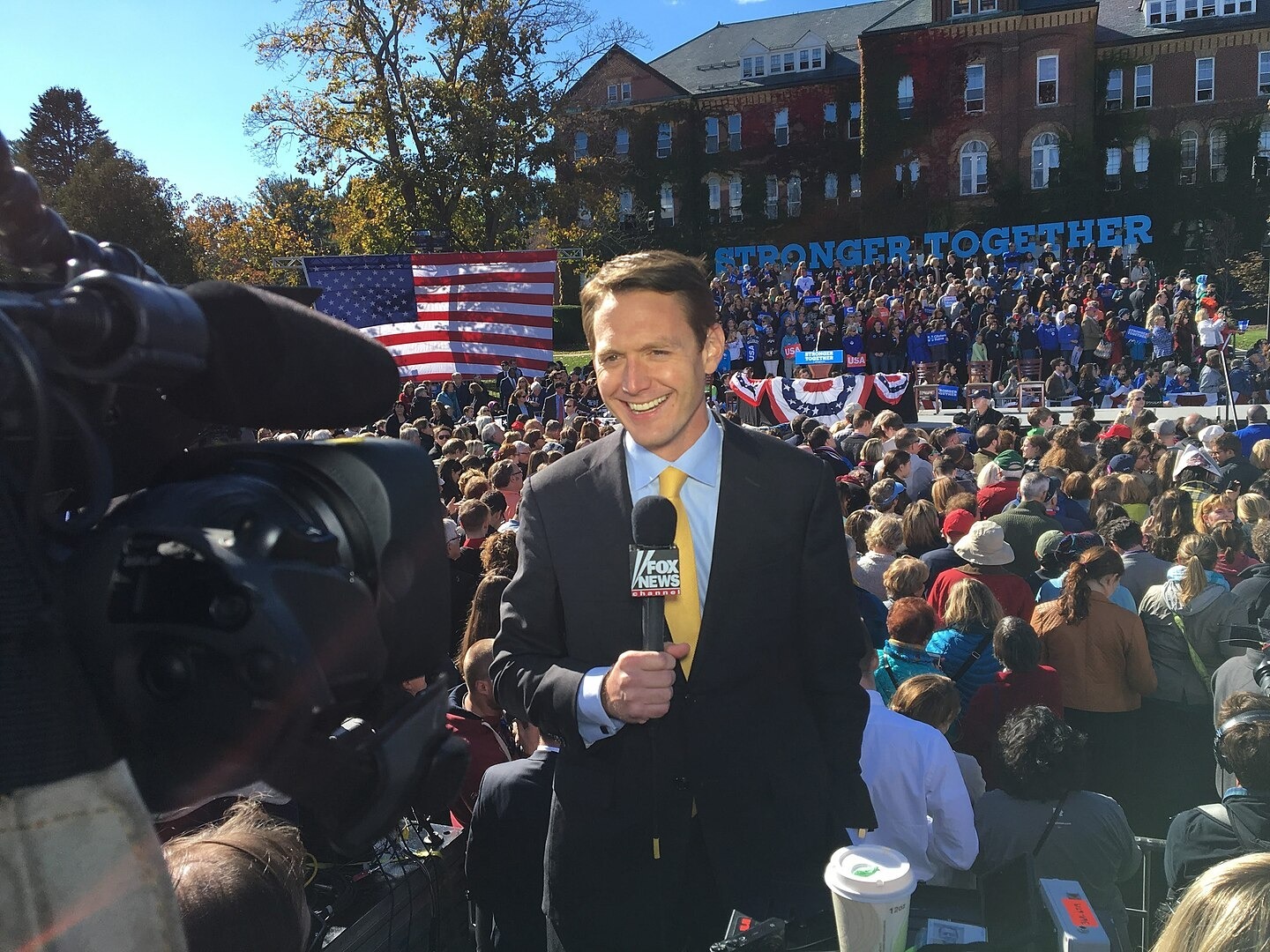
24/7 Politics: Cable Television & the Fragmenting of America from Watergate to Fox News (Princeton University Press) by Kathryn Cramer Brownell
In 1945, journalist H. L. Mencken despaired of American broadcasting. “The radio continues day and night,” he sighed, “the great moral business of making the ignorant more ignorant, and the crazy crazier.” Mencken had heard – and seen – nothing yet.
24/7 Politics diligently chronicles the history of what seems like a colossally counter-intuitive proposition. Americans are, by and large, a patriotic bunch, and understandably so: they are the most economically, militarily, scientifically and culturally powerful nation ever gathered beneath one flag. Yet cable TV news in particular has prospered by telling Americans that their country is so frail as to be existentially menaced by (take your pick) communists, Black people, gay people, Muslims, immigrants and liberals. And if that wasn’t bad enough, that their own federal government is engaged in conspiracy against it.
In many respects, the trajectory of cable TV news that Kathryn Brownell sketches seems like a prequel to the internet. In the early stages, there is much excitable talk about the arrival of this utopian new medium that will make politics more transparent, democracy more accessible. General realisation then descends that when a field becomes crowded, you need to stand out – and that the easiest way to do that is to adopt extreme positions. Early hopes that a channel like C-SPAN, launched in 1979, would invite millions of conscientious citizens to tune in to earnest, nuanced policy debates were dashed against the reality that there were millions more seething malcontents who would prefer to be wound up by a circus of paranoia, division and rage.
24/7 Politics is not – at least, not primarily – an indictment of Fox News or the still weirder networks that have flourished in recent years, catering to the cohort for whom Fox News is somehow not feral enough. In fact, despite the subtitle, Fox News barely gets a mention before the book’s conclusion. The author, a history professor at Purdue University, is more interested in how the US got here.
Brownell’s narrative reaches back to the post-Second World War years in which television properly boomed, along with hopes and fears about what it might do for and to democracy and politics. In 1948, barely one American home in a hundred had a TV set; by the end of the 1950s almost every home did. Though public broadcasting is not unheard of in the US, the notion of an institution akin to the BBC seems to have been disregarded as fundamentally un-American. For better and for worse, TV news in the US has always been a commercial product.
Attempts have been made to bring some sort of order to bear. There is a Federal Communications Commission, which issued a treatise on broadcasting standards in 1946. But as Brownell notes, even early on these rules were rarely enforced. There was a “fairness doctrine”, which compelled broadcasters to give time to contrasting views on matters of public interest. The FCC abolished it in 1987; Congress attempted to legislate something similar into existence, but this was vetoed by then-president Ronald Reagan.
There is no shortage of blame to distribute, but if one key villain does emerge from a hefty pack, it is arguably Newt Gingrich, the Republican congressman from Georgia. At a formative stage of the modern cable news ecosystem, Gingrich was alive to its possibilities as a tool for the politically profitable rousing of rabble. Brownell lists some of Gingrich’s handwritten memos-to-self circa the mid-1980s: they include “attack opponent”, “generate disorder” and “have no shame”.
This trio of edicts in particular demonstrates the degree to which American cable news also established the conventions by which one could succeed on social media – and by which one adherent to all three commandments succeeded all the way to the White House, and may soon do so again. 24/7 Politics is a sober (and sobering) analysis of how cable TV news has not so much reported modern America as created it.
This article is from New Humanist’s summer 2024 issue. Subscribe now.


